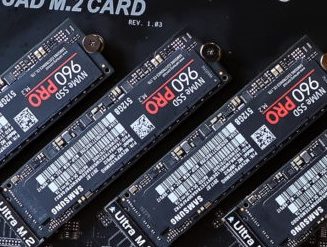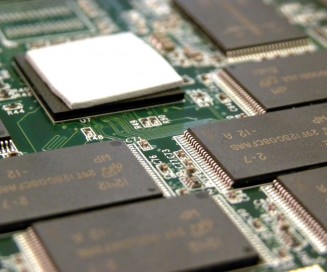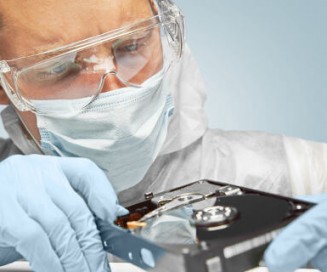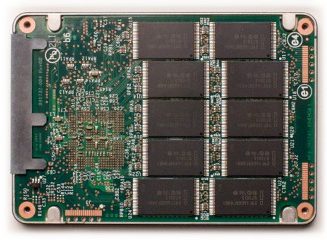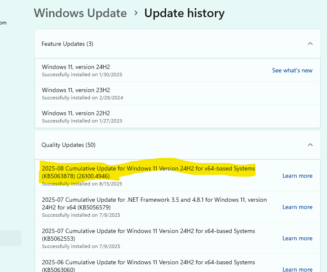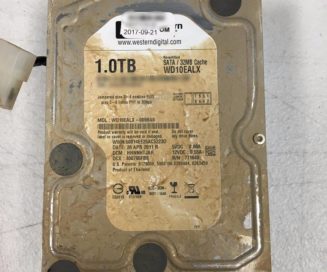Looking for something? Refine your search
- Categories
- Backup
- Cloud
- Computer Forensics
- Computing and CPU Power
- Cryptocurrency
- Damage
- Data Loss Prevention
- Data Recovery Knowledge
- Data Recovery News
- Data Recovery Service
- Data Types
- Database
- Digitization
- Encryption
- Flash Drive
- Hard Disk
- Investing and the Stock Market
- Mac/Apple
- Media
- Mobile Device
- NAS
- Network Security
- Office Documents
- Outreach
- Photos & Images
- RAID
- Ransomware Recovery
- Removable Media
- SAN
- Secure Deletion
- Server
- Services
- SSD
- Storage Industry
- Tape
- Uncategorized
- Video
- Tags
- actuator
- Apple
- backup
- bitcoin
- breach
- clean room
- clone
- computer forensics
- cryptocurrency
- cybercrime
- data recovery software
- data recovery tips
- decision tree
- EEPROM
- encryption
- ethereum
- exploit
- financial records
- fire damage
- flood
- guide
- hard drive data recovery
- hard drive failure
- hard drive manufacturers
- head ramps
- helium
- how to
- hurricane
- iOS
- landing zone
- leak
- Mac
- Mac OS
- machine learning
- macos
- Midwest
- migration
- music data recovery
- NAND
- NFT
- NVRAM
- operating system
- OS X
- parts
- password
- PCB
- Phoenix
- power surge
- RAID
- ransomware
- rebuilt
- SATA
- SaveMyFiles
- SSD
- statistics
- storms
- tornadoes
- TRIM
- video conversion
- virus
- water damage
- wildfires
- windows 10
- windows 10 guide
SSD Firmware Corruption: Causes, Symptoms, and Data Recovery Tips
Firmware corruption can brick your solid-state drive (SSD) by damaging its internal operating instructions. Without functional firmware, the drive can’t effectively communicate with your computer, and your data becomes inaccessible. Fortunately, SSD firmware corruption is usually treatable — but the...
September 17, 2025
NVME M.2 Data Recovery: Challenges and Solutions
NVMe drives are fast, but the technology that powers their performance also makes data recovery a significant challenge. The difficulty stems from the NVMe protocol itself, its direct connection to your computer’s processor, and the complex, proprietary ways drive controllers...
September 16, 2025
Maximizing Your SSD’s Lifespan: Quick Tips
You can significantly extend the life of your Solid-State Drive (SSD) by managing its storage capacity, ensuring it operates at a cool temperature, and keeping its firmware up to date. In this article, we’ll explain why those practices are effective...
September 15, 2025
“My SSD Is Not Detected”: Troubleshooting and Data Recovery
If your computer suddenly stops recognizing your Solid-State Drive (SSD), the cause can range from a simple loose cable to a critical internal failure. This checklist will guide you through a basic troubleshooting process for an undetected SSD. We’ll cover...
September 14, 2025
What Is an SSD Controller and How Does It Affect Data Recovery?
The controller is the brain of your solid-state drive (SSD). It is responsible for critical tasks like translating data locations, managing wear on the memory cells, correcting errors, and performing garbage collection. When an SSD controller fails, you can’t simply...
September 13, 2025
SSD Failure: Take These Steps to Prevent Data Loss
The single most important step to take when a solid-state drive (SSD) fails is to immediately power it down and physically disconnect it from the computer. We’ll explain why in a moment — but if you’re having SSD issues, we...
September 12, 2025
What Is an SSD’s Flash Translation Layer (FTL) and Why Is It Crucial for Recovery?
The Flash Translation Layer (FTL) is a sophisticated software system running on your solid state drive (SSD) controller that acts as a translator. Its primary job is to map the logical addresses your computer uses to the actual physical locations...
September 11, 2025
Windows 11 Patch May Break SSDs: What to Know
A recent pair of Windows security updates may cause data loss for some users. The updates, KB5063878 and KB5062660, appear to impact computers with solid state drives (SSDs). KB5063878, which was released on August 12, 2025, seems linked to more...
August 19, 2025
Hurricane Helene and Hard Drive Data Recovery
Hurricane Helene made landfall on September 26, 2024, has caused significant damage and killed at least 41 people across Florida, Georgia, and the Carolinas.At Datarecovery.com, we anticipate an influx of water-damaged hard drives, solid-state drives (SSDs), and servers over...
September 27, 2024
SSD Data Recovery: Techniques and Challenges
With their lightning-fast speeds and exceptional durability, solid-state drives (SSDs) are quickly replacing traditional hard disk drives (HDDs) in many applications. In fact, the SSD market is projected to reach a valuation exceeding $125 billion by 2026, though the...
August 14, 2024

